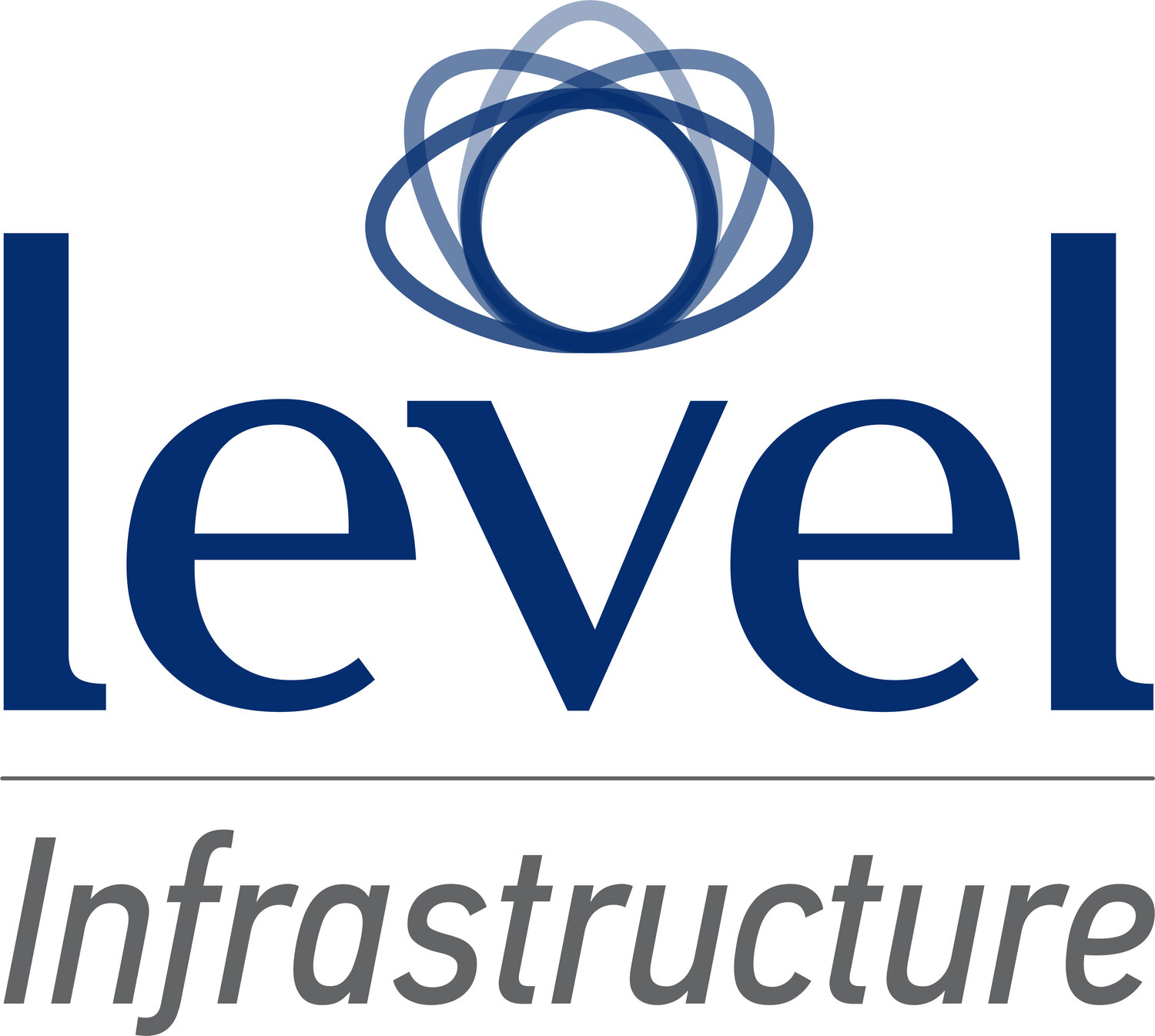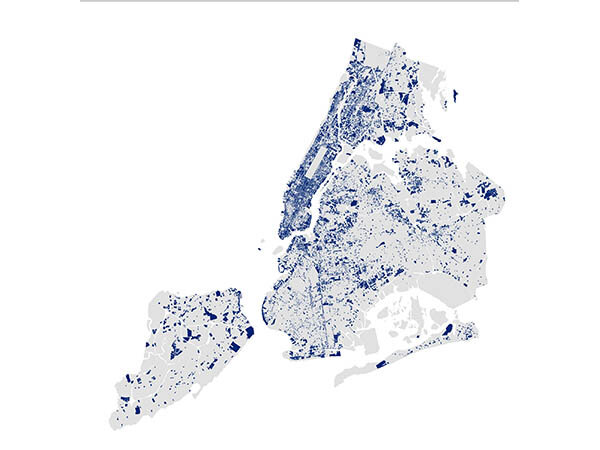Tool for Rapid Assessment of City Energy (TRACE)
Client: World Bank Group, ESMAP
Location: Quezon City, Philippines
Size: Entire city of 1,000,000 people
Collaborators: Happold Consulting, Sustainable Energy Partnerships
Year: 2010
Services: Low-Carbon Development Planning, Energy Planning, Policy Development, Local Government Capacity Building
Context
Tool for Rapid Assessment of City Energy (TRACE) is a user-friendly software application for rapid evaluation of projects and policies for low-carbon development. As a flagship project for the Energy Sector Management Assistance Program (ESMAP) group at the World Bank, this platform is aimed at building knowledge and capacity for energy efficiency in municipal governments in developing countries. TRACE allows a city to input their own energy consumption information and then compare their conditions to a database of over 80 cities. With these analytical results, TRACE produces a matrix of recommendations from a list of over 100 typical energy programs and policies that have been proven to be effective in similar cities with similar characteristics.
Our Role
Level Infrastructure Founder Byron Stigge contributed to the TRACE tool during his time at a previous employer. His contributions included developing data collection methods and coordinating input for the TRACE urban energy database. He led a two-week mission to Quezon City, Philippines, to collect data, review the project methodology, and validate each component of the tool. Byron supported the development of the recommendations module which suggested policies and projects for six end-use sectors: transportation, buildings, water and wastewater, public lighting, solid waste, and power and heat. TRACE has been used in over 40 cities around the world by the World Bank since its development in 2010.




